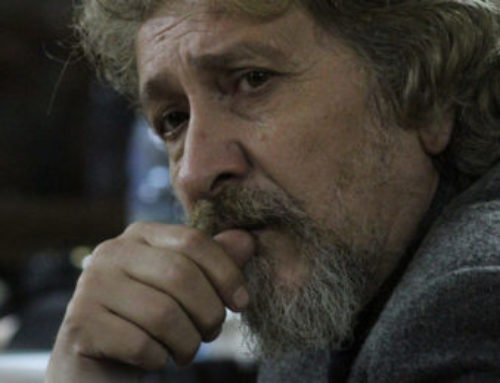Joe Milazzo of Entropy conducted an interview with NOVEMBER author, Christopher Woodall, through February to March 2017. Read his introduction below and enjoy the full interview online at Entropy.
Christopher Woodall’s November (Dalkey Archive) is a big book. I knew that going in, and, frankly, its length (just a little over 700 pages) contributed significantly to its allure. Yet it took me longer to “finish” November than I anticipated. Then again, reading isn’t consumption in either an appetitive or a capitalistic sense. So I’ve grown rather fond of the odd luxuries November affords me, chief among them the opportunity to spend as much time as I’d like refurbishing my reality with materials borrowed from its immense reserves.
Big books like November — or Perec’s Life: A User’s Manual, or McElroy’s Women and Men, both of which are akin to November even though the resemblances are more superficial than genetic — only seem self-sufficient so long as they remain closed. Open one, though, and you’ll find that the big book’s forbidding densities are quite porous. Moreover, the best big books do not speak with a single voice: “Curious reader, this genius hardly needs your hypotheses.” (Great) big books invite you to add your own descants to its chorus. And the present truly does begin to dance once it’s been admitted to a narrative whose range and scale are equal to the unconformities of lived experience.
Which is also to say that, if a big book is worth its weight (in whatever), it is not “hard work,” a simulacrum of entertainment. It is leisure; it is a form of liberation that is utterly shameless about its girth and heft. So a big book, even one whose modulations are largely cynical or morbid, may yet be the last bastion of humanism. Still, some scholar has surely thought to ask this question already: what does the brain of an engrossed big book reader look like under the fMRI machine? I don’t necessarily want to see, but I do want to know my own mind better, only without the toxic side effects. Thank you to Christopher Woodall, whose incredibly generous and comprehensive responses to these 10 questions about his novel reveal so much more than my assumptions might ever have guessed.


